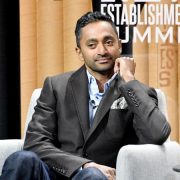We all love Facebook and use it at least once a day. But are we slowly but surely been apart of Facebook programming? Are all our choices, our own?
Just last month Sean Parker Facebook’s first president opened up about his regrets of basically creating social media and the consequences behind it.
“I don’t know if I really understood the consequences of what I was saying, because of the unintended consequences of a network when it grows to a billion or 2 billion people and it literally changes your relationship with society, with each other,” Parker said. “God only knows what it’s doing to our children’s brains.”
A former vice president of Facebook Chamath Palihapitiya also expressed his concern. Stating that he feels that social media has ripped apart how society works. Socially at least. Parker echoed these statements, leaning on the dopamine hits that we all get when we see the notification pop up on our phones. Palihapitiya also stated the dopamine hits that we all get from notifications to a Stanford audience at a talk he gave recently. The dopamine hits have basically become the new civil discourse and has lead to “mis-cooperation, misinformation and mistruth”
Palihapitiya stated during his talk the team at Facebook knew that all this information would have consequences, but not in the way he thought it would:
“I feel tremendous guilt. I think we all knew in the back of our minds—even though we feigned this whole line of, like, there probably aren’t any bad unintended consequences. I think in the back, deep, deep recesses of, we kind of knew something bad could happen. But I think the way we defined it was not like this.”
Facebook programming: Behaviours
The this is defined as how we as humans connect and behave around one another. Due to a“a social-validation feedback loop” that users get when someone likes a photo. He feels social media has inherently affected this and as a result Facebook programming:
“Your behaviours—you don’t realise it but you are being programmed. It was unintentional, but now you gotta decide how much you are willing to give up, how much of your intellectual independence. Don’t think, ‘Oh yeah, not me, I’m fucking genius, I’m at Stanford.’ You’re probably the most likely to fucking fall for it. ‘Cause you are fucking check-boxing your whole Goddamn life.”
Well. I’m going to go delete Facebook app. (I probably won’t)
UPDATE:
Facebook responded to Palihapitiya via a spokesperson to Gizmodo and other tech blogs:
“Chamath has not been at Facebook for over 6 years. When Chamath was at Facebook we were focused on building new social media experiences and growing Facebook around the world. Facebook was a very different company back then, and as we have grown, we have realised how our responsibilities have grown too. We take our role very seriously and we are working hard to improve. We’ve done a lot of work and research with outside experts and academics to understand the effects of our service on well-being, and we’re using it to inform our product development. We are also making significant investments more in people, technology and processes, and – as Mark Zuckerberg said on the last earnings call – we are willing to reduce our profitability to make sure the right investments are made.”
So not a “this doesn’t happen” and more a “we’re a different company now”
To listen to the guys chatting about this please click here!










